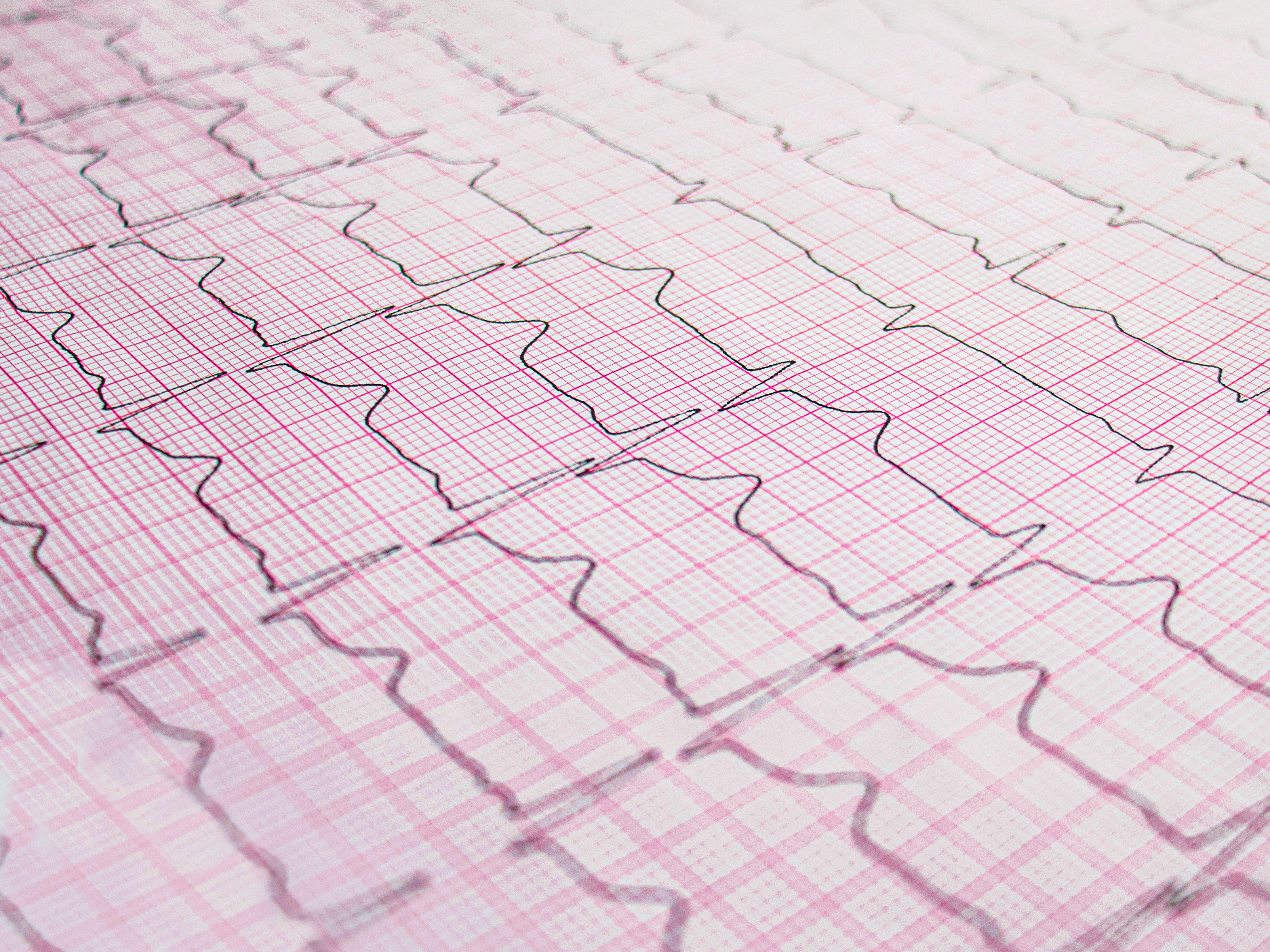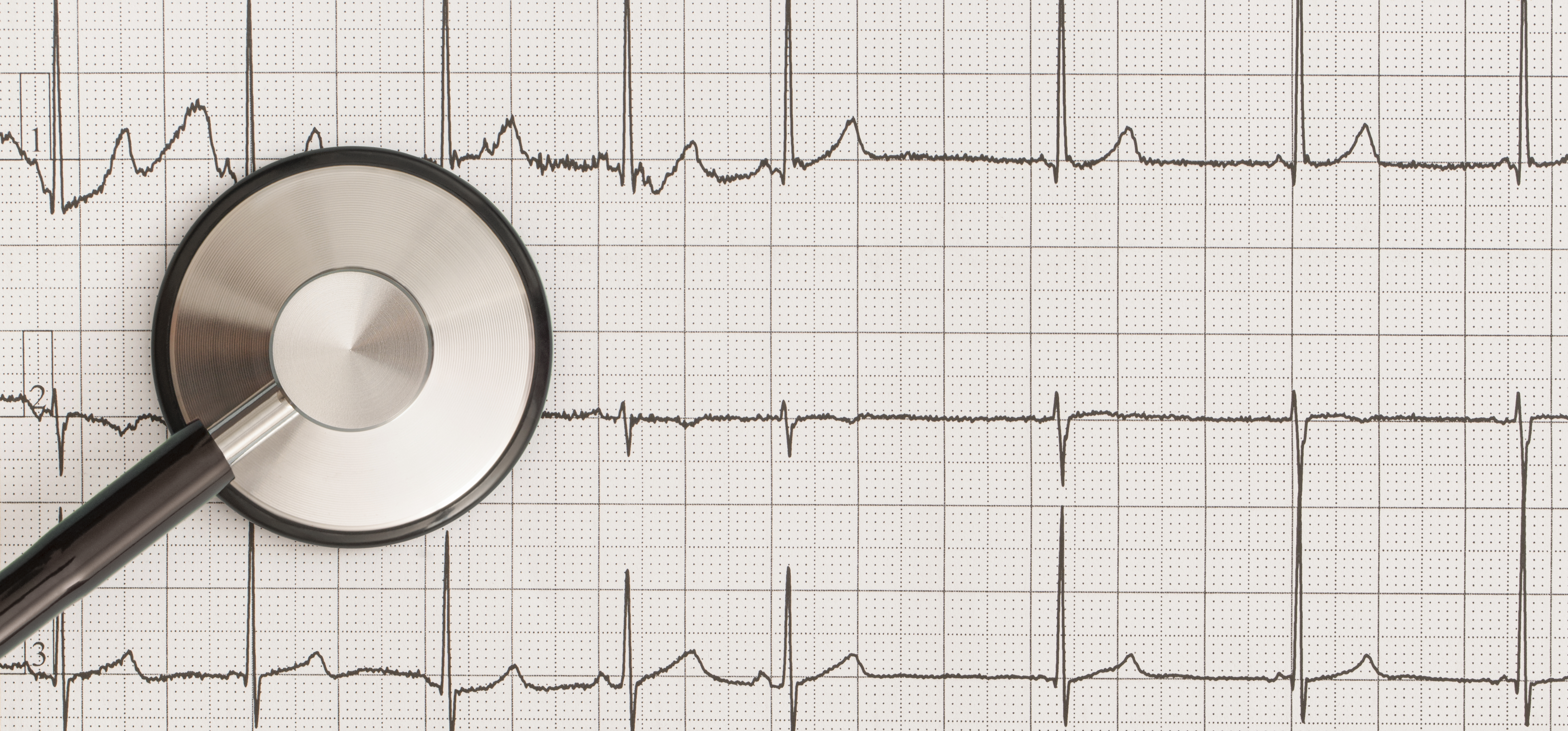- Agriculture
- Antibiotic/anti-viral
- Biologics
- Biomarkers
-
By Clinical Application
- Anesthesiology
- Blood & Lymphatic Disease
- CNS & Neurosciences
- Dermatology
- Diabetes, Metabolism, Endocrinology & Obesity
- Ear, Nose, & Throat
- Gastroenterology & Digestive Disease
- General & Plastic Surgery
- Health Education, Medical Training and Operations
- Heart and Vascular x
- Immunology, Autoimmune & Inflammation
- Infectious Diseases
- Mental Health
- Multiple clinical applications
- Musculoskeletal Disorders, Orthopedics/Bone
- Nephrology/Renal
- Oncology
- Ophthalmology
- Orphan Diseases
- Pediatrics
- Physical Medicine & Rehabilitation
- Radiology
- Regenerative Medicine / Tissue Engineering
- Reproductive Health: Obstetrics & Gynecology
- Respiratory & Pulmonary
- Surgery
- Transplantation
- Urology
- Wound Healing
- COVID-19
- Creative Works
- Diagnostics
- Drug Delivery
- Drug screening and discovery
- Energy, Cleantech & Environmental
- Engineering & Physical Sciences
- Gene therapy
- Imaging
- Materials
- Medical Devices
- Nutraceuticals
- Other
- Research & Design Tools
- RNAi/siRNA
- Sensors & Controls
- Small molecules
- Software & Information Technology
- Stem Cells
- Vaccines
Targeted delivery of gene therapy via exosomes for cardiomyocyte reprogramming
Unmet Need Every year, close to 1 million Americans experience a heart attack. A heart attack results in the loss of specialized cells called cardiomyocytes, which are crucial for the heart’s contraction and rhythmic beating.…
Dark-Blood Delayed-Enhancement MRI: Improved Tissue Contrast and Blood-Pool Signal Suppression
Unmet Need Delayed-enhancement MRI (DE-MRI) is the standard for imaging myocardial infarction (MI), providing high-resolution maps of infarcted and viable myocardium. However, DE-MRI often suffers from poor differentiation between infarcted myocardium and the bright left…
ClinVar: Determining the factors influencing cardiomyopathy-associated gene variant call evolution
Description ClinVar is a freely accessible, public archive of reports of human variations classified for diseases and drug responses, with supporting evidence. ClinVar thus facilitates access to and communication about the relationships asserted between human…
Central Venous Catheter Insertion Device
Unmet Need Central Venous Catheterization (CVC) is a common procedure where a catheter is inserted into a large vein, typically in the neck, chest, or groin. With 5 million insertions a year, representing 8% of…
Metabolite biomarkers of human heart failure
Value Proposition Heart failure is a very common condition affecting approximately 5.1 million people in the United States. Due to its association with age, the incidence of heart failure, as well as the cost of…
Novel biomarkers to detect Venous Thrombosis without radiation exposure in elderly patients
Unmet Need Venous thrombosis/thromboembolism (VT/E), the formation of a blood clot in vein, can be a life-threatening condition with 600,000 incidences in the US per year and affecting an estimated 10 million people globally. VT/E…
Clinically-Linked ECG and Arrhythmia Repository (CLEAR)
Invention Summary Duke inventors have developed a database of digital 12- lead ECG samples that represent key rhythms of cardiac disorders. Each patient’s disorder was validated by a licensed and board-certified cardiovascular medicine physician to…
Bacterial voltage gated ion channels for cardiac reprogramming
Unmet Need Untreated cardiovascular disease (CVD) can lead to irreversible heart damage. This occurs when ischemia — inadequate blood flow — leads to the death of heart muscle fibers that conduct electrical impulses. Consequently, scar…
A microscopy method for acquiring polarization-sensitive phase information in 3D
Unmet Need The majority of biological research and clinical diagnostics has involved the use of optical imaging systems for transparent specimens that rely on scalar properties like phase contrast. These systems have proved useful for…
Transcriptional alterations during blood storage to monitor stored red cells and reduce storage-lesions
Unmet Need Currently, red blood cell (RBC) testing focuses on factors such as hemoglobin content, RBC count, blood typing, and antibody content. These tests, though comprehensive, do not measure the health and quality of RBCs.…
Transgenic zebrafish to direct epicardial gene expression
Technology Duke inventors have generated a novel zebrafish model that allows researchers to study epicardial cells during embryonic heart development and myocardial regeneration. This zebrafish line is termed Tg(tcf21:CreER)pd42. Specifically, this transgenic model was created…
iPSC line to identify novel therapies for ARVC
Technology Duke inventors have developed a novel induced pluripotent stem cell (iPSC) line that contains a mutation that impacts the TAX1BP3 gene, which causes arrhythmogenic right ventricular cardiomyopathy/dysplasia (ARVC). Specifically, the iPSCs were derived from…











